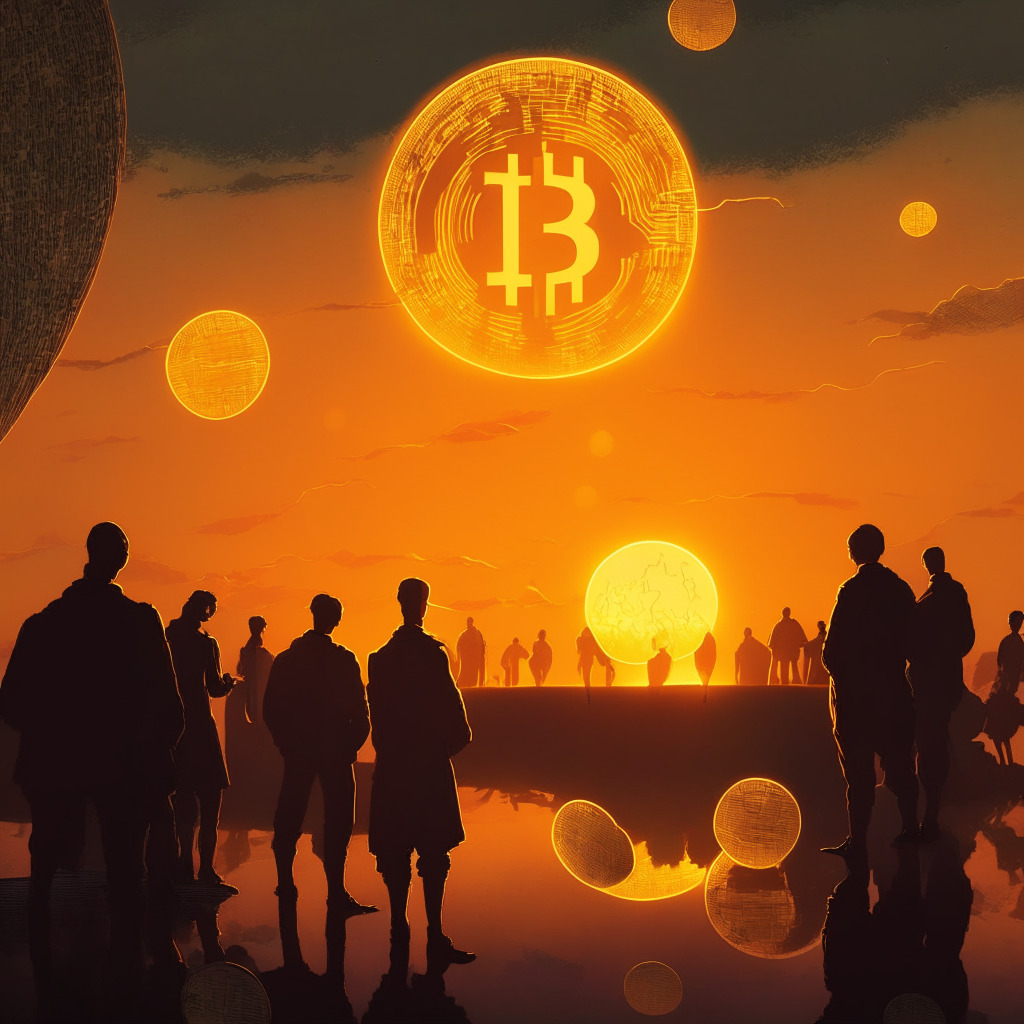Argentina’s escalating inflation, reportedly at 150%, is offering an unexpected boon to altcoins and the broader crypto market. Marcel Pechman, an analyst from Cointelegraph, proposes that as currencies lose value, altcoins and airdrops draw attention from investors hoping for free money. Ironically, widespread losses among these investor populations don’t appear to deter the allure. Instead, Pechman observes that just a fresh marketing strategy, hinting at the promise of ‘free money,’ captivates new investors, similar to Argentinians seemingly overlooking government-induced economic instabilities over the past decade.
Pechman sternly warns against buying into free money promises or dividends devoid of explicit economic activity. Concurrently, he attempts to dissect the economic enigma of the inverted yield curve, a situation where short-term Treasurys yield higher returns than their long-term counterparts, signaling potential economic distress. Despite being a recession indicator, Pechman dismisses its real-time relevance since historical data suggests it could take anywhere from six to 36 months to trigger a recession.
Pechman also advocates for Bitcoin’s hard-locked monetary policies, viewing the call for a $100,000 Bitcoin by year-end as a reflection of the devaluation of the U.S. dollar. He goes on to predict money, funneling into Bitcoin, will come from existing markets like gold, real estate, and bonds. He also highlights the significance of the spot Bitcoin exchange-traded fund (ETF) approval, citing it as critical for a possible $200,000 bull run.
On the flip side, a JPMorgan report suggests a U.S. Bitcoin ETF approval won’t be a game-changer for crypto markets, drawing parallels to similar moves in Canada and Europe, which failed to draw substantial interest from investors. This cautious perspective, held by JPMorgan’s Nikolaos Panigirtzoglou, starkly contrasts expectations of a potential Bitcoin ETF surge in the U.S., as previously indicated by BlackRock’s CEO, Larry Fink.
Approaching it from another angle, it’s plausible that a U.S. Bitcoin ETF approval could not only enhance Bitcoin’s liquidity but also trigger a shift in trading activity from BTC futures products. As a backdrop, multiple ETF applications await SEC approval, fostering anticipation of marquee moments in the crypto market’s future. The narrative demonstrates that while optimism abounds, not everyone believes a Bitcoin ETF will revolutionize crypto markets. At the heart of it all lies the question: Will the quest for supposed free money derail cautious investment or usher in a new era for crypto? In the volatile world of cryptocurrencies, only time will tell.
Source: Cointelegraph




